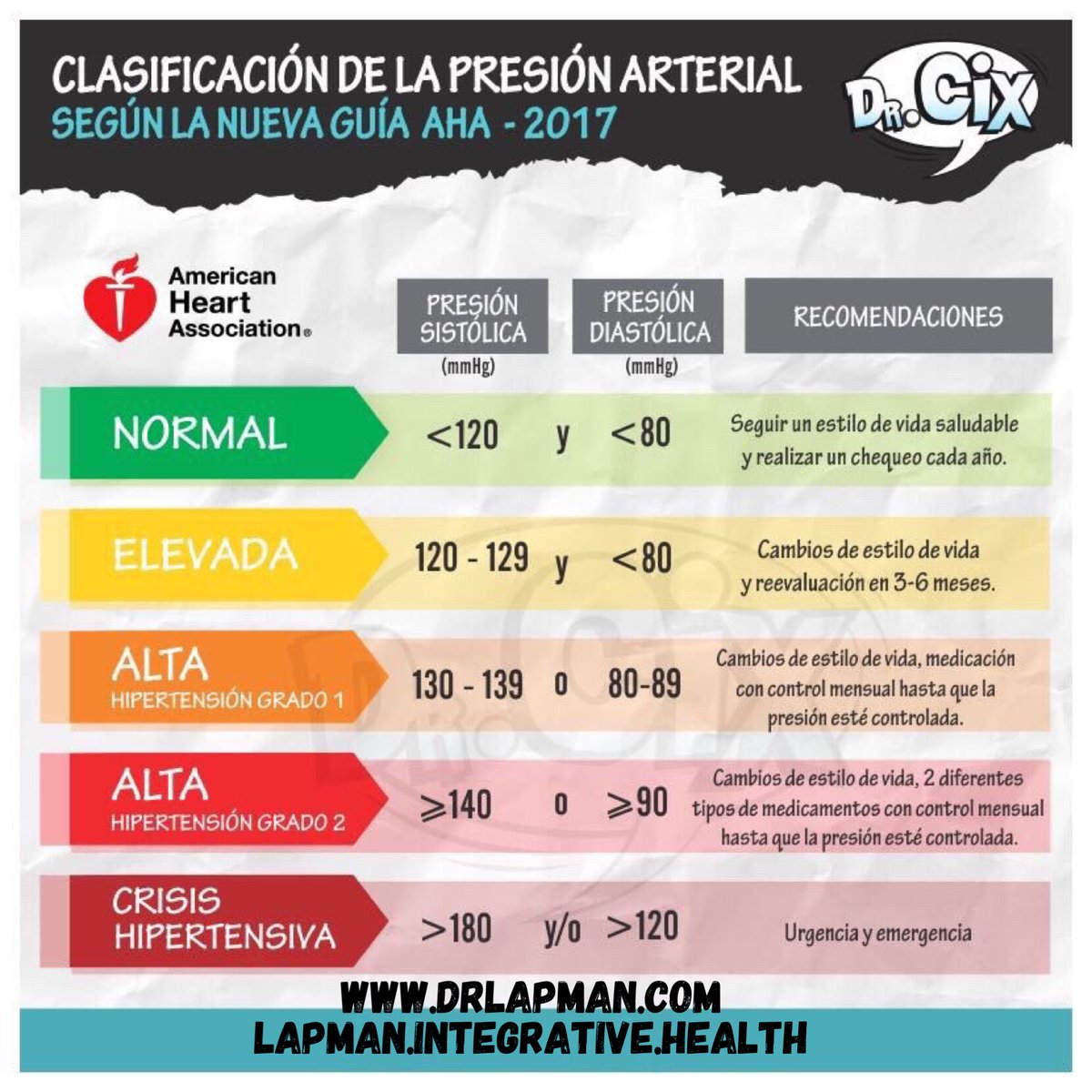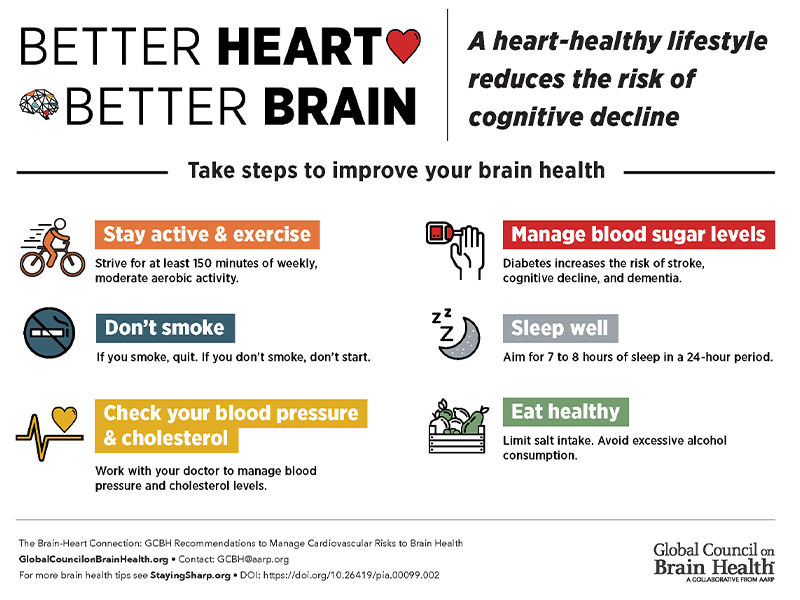In our previous post, we addressed the relationship between hearing difficulties and the increased risk of developing dementia.
You may still remember our premise: everything that is good for your heart, is also good for your brain. Today, we will be talking about an equally important topic: the relationship between hypertension and our cognitive and brain health.
What’s so important about this relationship?
It’s just that a poor cardiovascular health goes hand in hand with a poor brain health.
So, what is Hypertension?
Hypertension, also known as high blood pressure, is a disease in which the pressure of the blood in the arteries is above the recommended level. This condition is one of the so-called "Chronic Non-Communicable Diseases"; that is, an incurable condition that accompanies us throughout our lives.

When the blood pressure is monitored, two values are read in millimeters of mercury, usually given in numbers, for example, 120/80. The highest value indicates the systolic pressure or the pressure in the arteries when your heart beats, the lowest value is the diastolic pressure or the pressure in the arteries between beats.
According to the American Cardiological Association, when the systolic and diastolic pressures remain above 130/90 we are in the presence of Stage 1 hypertension, while a pressure higher than 120/80 is considered as pre-hypertension (or elevated normal pressure).
Where is the problem, then?
There is a saying that goes Out of sight, out of mind. It is used to mean that a person does not think about something if he or she does not see that thing. But, what if that thing is hypertension? Well, this proverb is not really advisable for someone who suffers from this health condition.

A person can present hypertension without showing any indicating symptoms for years. He may be unaware of the complications that can result from ignoring his condition, which can certainly be his ruin.
This situation is best presented in the form of an equation: hypertension + unawareness of any symptoms = health disaster.
The result of this equation is true when it comes to brain and cognitive health.
How does hypertension affect our cognitive processes?
The high blood pressure, developed between 45 and 65 years of age, poses great threat on our brain health, especially if no alert symptoms appear. In a hypertensive person, the risk of developing dementia doubles, and it will eventually increase, if other risk factors are added, such as smoking, an excessive alcohol consumption or a sedentary lifestyle.
According to Costantino Iadecola and Rebecca F. Gottesman, researchers at Johns Hopkins University in the United States, the brain executive functions, processing speed and attention are the most affected cognitive processes in hypertensive people. The executive functions are cognitive processes that allow us to self-regulate our behavior, make decisions, and also inhibit automatic responses.
This means that hypertensive patients, especially those who have been unaware of their condition for long a time, could show less impulse control, more difficulties in organizing their behavior and in making decisions correctly.
Additionally, hypertensive people’s risk of developing Mild Cognitive Impairment increases as well. This condition is a pattern of impairment characterized by difficulties in memory and thinking, and it is generally considered a stage preceding dementia.
And what about hypotension?
Hypotension, or low blood pressure, has also been associated with the risk of developing Alzheimer's and Vascular Dementia. These results were reported by some studies that have examined the same group of patients for long periods of time. The evidence indicates that a very low or very high blood pressure can be equally harmful to our brain and our cognition.
What risk factors can increase our vulnerability to develop high blood pressure?
Fortunately, several other risk factors can be modified, for instance, a sedentary lifestyle, obesity, smoking, and an excessive consumption of alcohol and table salt.
On top of all that, a relationship between stress and hypertension incidence has also been proved.
There are pharmacological alternatives that have shown effectiveness in the management of hypertension as well. These alternatives, consequently, could reduce the risk of developing dementia. In the two-year study or Syst-Eur Trial carried out in Europe, the use of antihypertensive drugs reduced the incidence of dementia by 50% in participants who received the medication, compared to those who received a placebo. However, not all research in this field has been equally encouraging.
Although much remains to be learned in this area, the alternative involving lifestyle modifications, continues to be the safest and also the most beneficial option. Starting with small changes, you can pave the way to better health results.
And always bear in mind that our most valuable premise can become a philosophy of life: everything that is good for your heart is also good for your brain.
Bear in mind that if you are interested in a specific topic, please, leave your suggestions in the comments section.